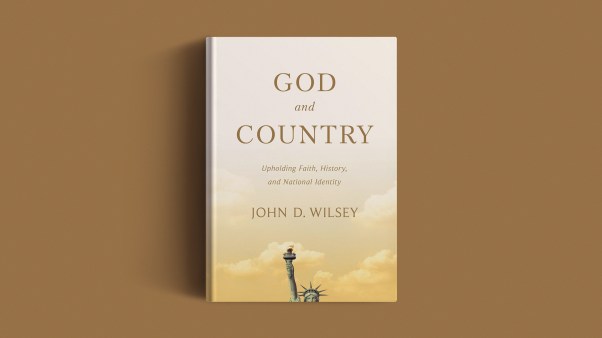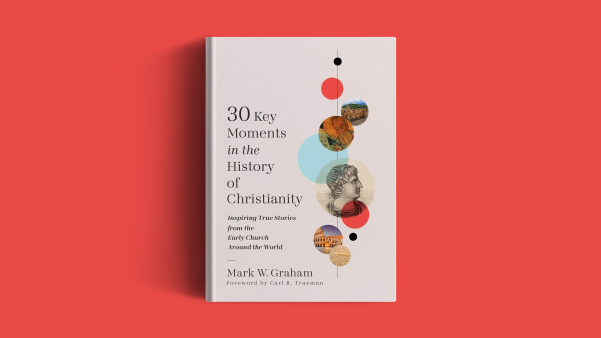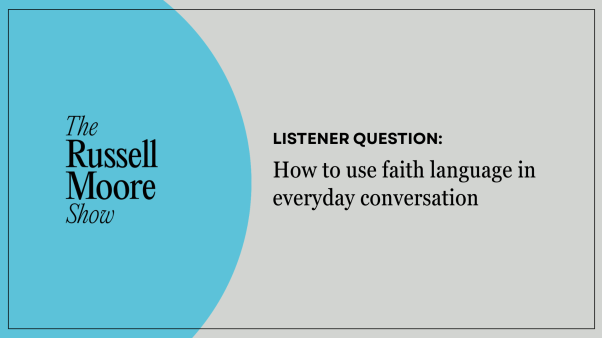As U.S. military engagement in Iraq enters its fifth year, at least one thing should be obvious: Our nation remains woefully ignorant about religious and ethnic factions in the Middle East.
One reason is that Middle East conflicts are complex. In a press conference, Secretary of Defense Robert Gates said the violence in Iraq cannot be described as a civil war. “I think that the words civil war oversimplify a very complex situation in Iraq,” he said. “I believe that there are essentially four wars going on in Iraq.
“One is Shi’a on Shi’a, principally in the south; second is sectarian conflict, principally in Baghdad, but not solely; third is the insurgency; and fourth is al Qaeda, and al Qaeda is attacking, at times, all of those targets.”
And that’s just Iraq. Equally complex conflict characterizes Afghanistan, Pakistan, Lebanon, Iran, and, of course, Israel and Palestine. While few would argue that Middle East issues are solely religious, there are strong religious dimensions to which our military and diplomatic efforts must pay attention. Douglas Johnston, president of the International Center for Religion and Diplomacy and author of Religion, the Missing Dimension of Statecraft, said in a presentation to the Department of State, “There were instances early-on in the [Iraq] conflict where modest investments on the religious side could have had significant payoff on the security front, but those investments were not made for fear of running up against the ‘establishment clause.’ “
Madeleine Albright, former secretary of state under President Clinton, has also lamented our ignorance of the continued importance of religion in world affairs in her book The Mighty and the Almighty.
Jeff Stein, national security editor for Congressional Quarterly, has made a crusade of testing high-ranking officials’ knowledge of the differences between Sunni and Shi’a. While nearly all admit that it is essential to be able to answer his question, most responses amount to, “Well, I, uh…”
“We have little, if any, ability to deal with religious differences in a hostile setting,” Johnston says. To be clear: It’s not that Sunnis and Shi’as are killing each other over doctrine or worship practices—politics, revenge, culture, religion, and ethnicity have all come together to create an explosive, hate-filled atmosphere. But knowing more about Islam can provide the basic understanding needed to begin addressing such issues.
The International Center for Religion and Diplomacy provides proof. By appealing to specific verses in the Qur’an, Johnston, an evangelical, has been able to help peacefully resolve differences between villages in Pakistan and to encourage madrassah teachers to liberalize their curriculums, which otherwise leave students vulnerable to violent fundamentalist interpretations. He was also instrumental in bringing increased religious freedom to Sudan’s Christians, who were allowed to hold a Reinhard Bonnke crusade in Khartoum that attracted thousands of Muslims.
Evangelicals ought to support the work of the International Center for Religion and Diplomacy, the Institute for Global Engagement (IGE), and other Christians doing faith-based, relational diplomacy in Muslim countries. Such peacemaking is exemplary. (See next month’s cover story featuring the work of IGE.) In addition, we should support government efforts to increase religious understanding, as recommended by Albright and Johnston.
Finally, anecdotal evidence suggests that evangelicals hold as many stereotypes and misunderstandings about Muslims as does our broader culture. We need to use Sunday school classes and sermons to communicate more about who Muslims really are and how we can love them as ourselves.
As long as our ignorance persists, we hamper our ability to love our Muslim neighbors here in the States, and we reinforce a national attitude that only makes it more difficult to bring peace to Iraq and other conflict-ridden regions around the world.
Copyright © 2007 Christianity Today. Click for reprint information.
Related Elsewhere:
Christianity Today‘s articles on Iraq and Islam are available on our site.
International Center for Religion & Diplomacy president Douglas Johnston‘s remarks to the Secretary of State’s open forum focused on the dynamics of faith-based diplomacy.
CT spoke with Madeline Albright, who wrote The Mighty and the Almighty.
Jeff Stein’s ‘Can You Tell A Sunni From a Shiite?’ appeared in the New York Times. He is also worried about the chairman of the House Intelligence Committee’s understanding of Al Qaeda.
The Institute for Global Engagement offers perspectives on engaging Islam.
Global Mapping International‘s small maps of Islam show and explain Muslim population and percent Muslim by country, the distribution of Sunni and Shi’a Muslims, and more.
The BBC section on Islam has helpful explanations of Muslim subdivisions, the five pillars of Islam (declaration of faith, praying, charity, fasting and pilgrimage to Mecca), and Beliefs (including Jesus through Muslim eyes.)










